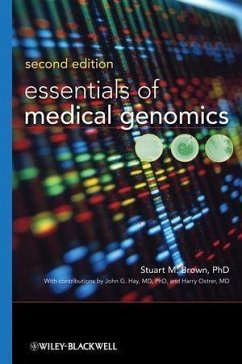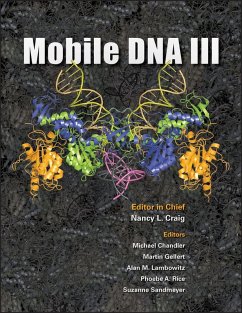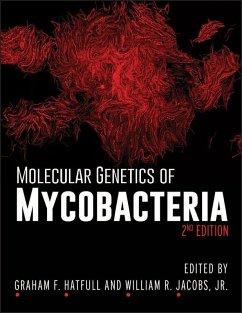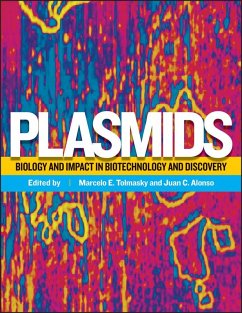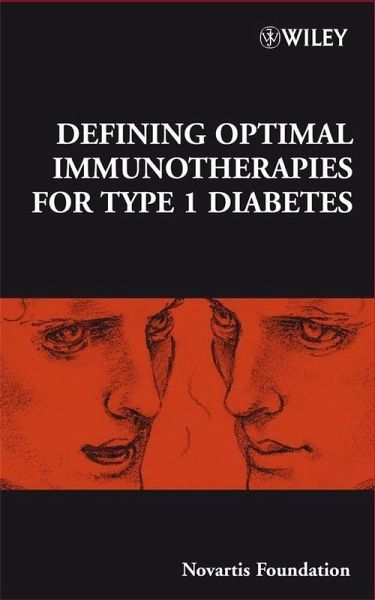
Defining Optimal Immunotherapies for Type 1 Diabetes (eBook, PDF)
Versandkostenfrei!
Sofort per Download lieferbar
161,99 €
inkl. MwSt.
Weitere Ausgaben:

PAYBACK Punkte
0 °P sammeln!
* This book is a comprehensive and up-to-date account of where we stand in immunological strategies for preventing or treating type 1 diabetes (T1D). * Brings together contributions from the leaders in the arena of clinical immunotherapy, not limited to the diabetes field exclusively, in order to delineate a road-map that would lead to future clinical trials. * The book integrates information from human and animal studies. * The book considers T1D within the broader context of autoimmune disease. * The format contains several discussions, which address specific questions and provides guideline...
* This book is a comprehensive and up-to-date account of where we stand in immunological strategies for preventing or treating type 1 diabetes (T1D). * Brings together contributions from the leaders in the arena of clinical immunotherapy, not limited to the diabetes field exclusively, in order to delineate a road-map that would lead to future clinical trials. * The book integrates information from human and animal studies. * The book considers T1D within the broader context of autoimmune disease. * The format contains several discussions, which address specific questions and provides guidelines for future strategies and solutions for discovering a cure.
Dieser Download kann aus rechtlichen Gründen nur mit Rechnungsadresse in D ausgeliefert werden.









